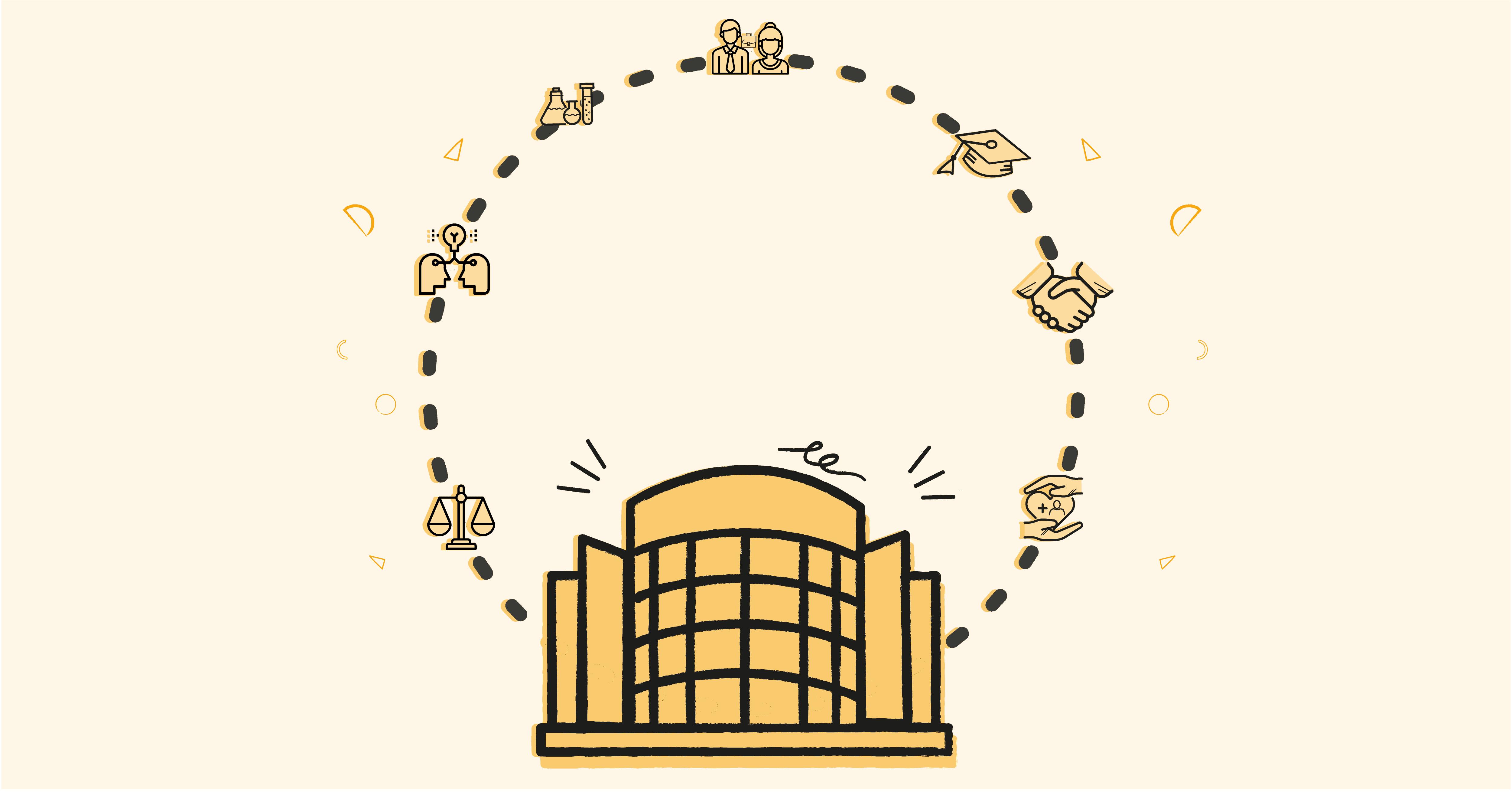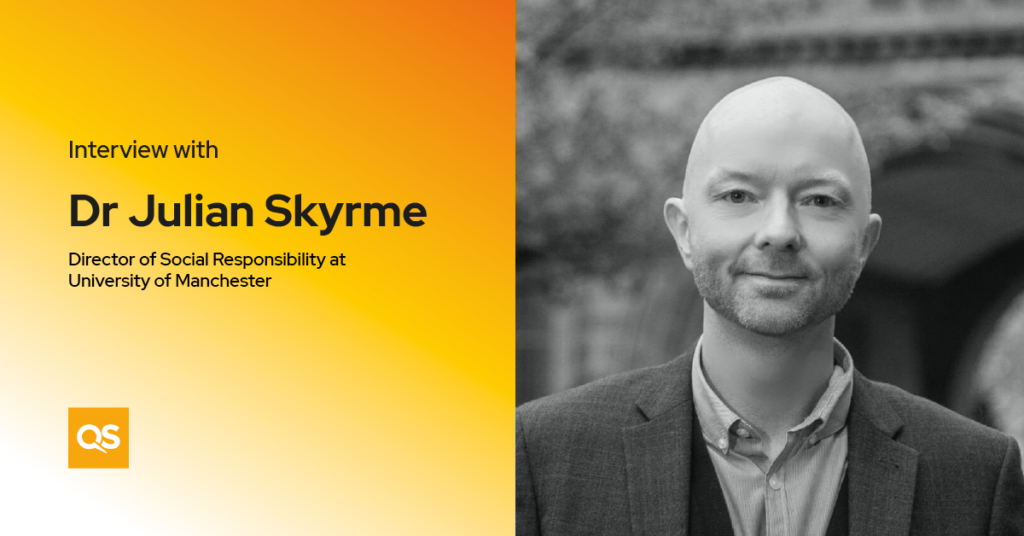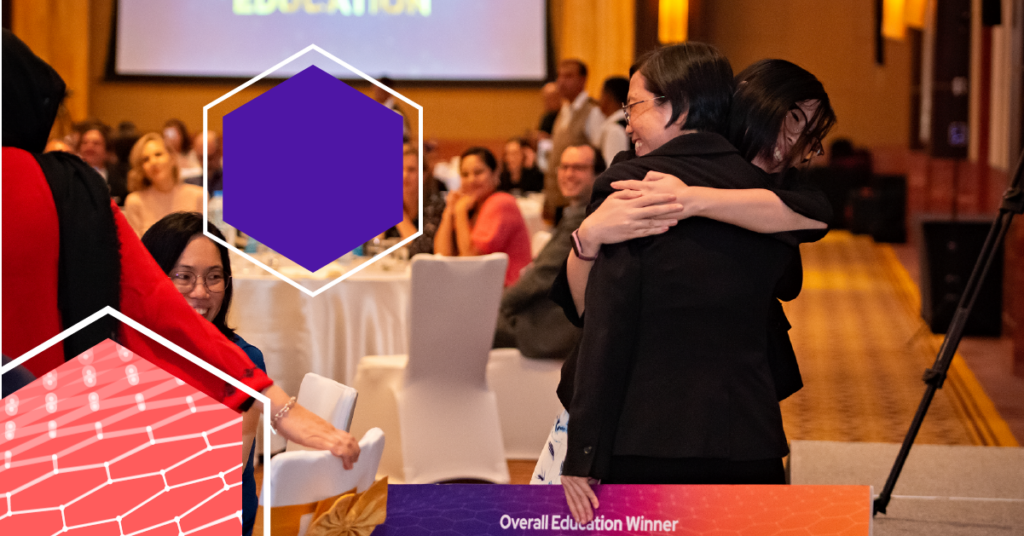
The Wharton-QS Reimagine Education Awards, the world’s largest award programme for innovative pedagogy, is returning on 5-8 December to recognise excellence in higher education.
Through the Sustainability Award, higher education institutions are recognised for their commitment to environmental, economic and social sustainability.
Submit your project to the QS-Wharton Reimagine Education Awards
The QS International Student Survey revealed that 78% of students believe that universities should be doing more to become environmentally sustainable – reaffirming how important this change is to students.
Beyond just the perspective of the student – as we and nations face overwhelming disasters around the world, including climate change, poverty, unemployment and social injustice – it is imperative that the higher education sector takes tangible steps to provide quality education, conduct extensive research and action community involvement that ultimately contributes to sustainable development for both the present and the future generations.
We spoke with Christian Schott, representative for the 2020 Gold Award winning project for sustainability, to chat about how the project is progressing and what the future holds:
Congratulations on winning the Wharton-QS Reimagine Education Award for sustainability in 2020! Can you remind us about your project?
Our project is entitled ‘21st Century Learning about Sustainability and “21st Century Learning about Sustainability and UN’s Agenda 2030 – ‘Leave No One Behind” and fosters experiential learning about sustainability challenges as well as solutions in the context of distinctive places and cultures. As part of this Global Citizenship-focused project we have developed the concept of ‘Virtual Reality Situated Experiential Education’ and two associated learning tools for students to virtually visit communities in Fiji and Peru, ‘talk’ to a diverse range of community members and learn about the local cultural, environmental and economic challenges and solutions.
Can you tell us a bit more about your role within the organisation?

I am an associate professor at Te Herenga Waka-Victoria University of Wellington in Aotearoa New Zealand. My primary role is as a lecturer and researcher in Sustainable Tourism Management. Additionally, I also hold the role of Chair of the Wellington School of Business and Government Steering Committee for the UN Principles of Responsible Management Education (PRME), which promotes education for sustainability and the Sustainable Development Goals.
Since your award win, what were the key challenges you faced and which achievements are you proudest of?
Because we are only a small team of three academics from different faculties, who work on this project alongside our academic roles when we can, the greatest challenge has been allocating the amount of time that this project deserves to reach its full potential.

At the same time, we gain immense energy and motivation from the amazing uptake of our two learning tools and from the scholarly engagement with our research publications on virtual reality-situated experiential education.
After the Gold Award for Sustainability we received further support from the Latin America Centre of Asia Pacific Excellence to expand and refine the learning tool about Machu Picchu Pueblo (Peru). Importantly, this support also included the development of a Chromebook version which allows the learning tool to be used more widely in intermediate and secondary schools; the Chromebook version now completes a suite of applications for Windows and Mac computers as well as for VR headsets. The interest in the concept and learning tools has been tremendous: the learning tool about Fiji has been incorporated into university curricula in Aotearoa New Zealand, Canada, Vanuatu, and French Polynesia, while the learning tool about Peru has been downloaded by schools and universities in the USA, Australia, Vanuatu, Ecuador as well as Aotearoa New Zealand.
What do you believe the most important step institutions should take in advancing sustainability initiatives?
Institutions need to hire and support staff that demonstrate a willingness to be innovative and to explore new avenues in their approach and practice. Institutions need to look well beyond the conventional recruitment formula which places strong emphasis on research and a lesser emphasis on the teaching record.
As exemplified by the amazing submissions to the Reimagine Education Awards, innovative ways of both ‘thinking and doing’ are crucial in fostering impactful education for sustainability in the next generation of global change makers – as the UN states “leave no one behind”.
Sustainability category award details:
The chosen project will be awarded for promoting or implementing policies designed to improve institutional sustainability and that ultimately contribute to the achievement of the Sustainable Development Goals (SDGs).
Submit your project to the QS-Wharton Reimagine Education Awards



